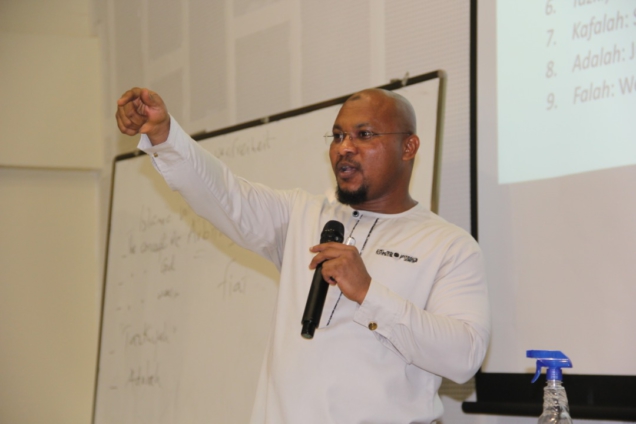A professor at the School of Business of the Kwame Nkrumah University of Science and Technology (KNUST) says Islamic finance can boost this access to funding and help Ghana bridge the infrastructure gap.
Prof Naail Mohammed Kamil Dangigala described Islamic banking as asset-based financing which could facilitate better intermediation for SMEs and infrastructure investments.
Islamic finance transactions do not allow the payment or receipt of interest (riba), gambling (maysir) i.e. excessive speculation, or excessive uncertainty (gharar). It uses risk-sharing as justification for profit making.
Investments in Islamic finance also avoid high-debt businesses due to interest payments.
According to Prof Naail, the fair and transparent business management system guides customers to ensure a full understanding of risks and costs associated with the product and services.
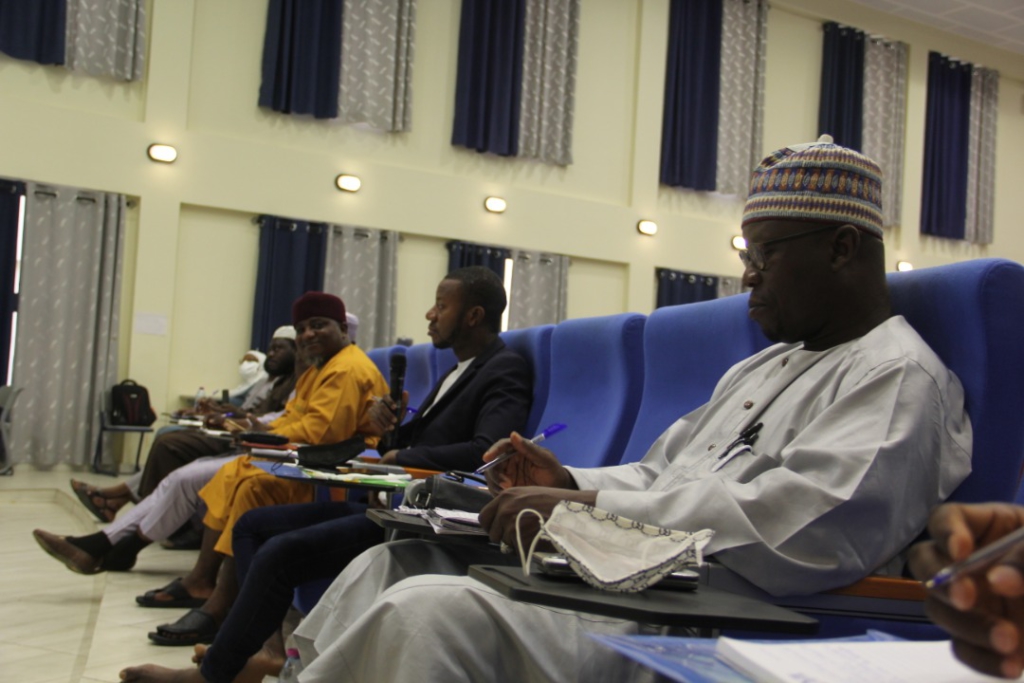
He added that inclusiveness and stability are key reasons for their advocacy for Islamic finance in Ghana.
"Islamic Banking model is based on a principle of profit-sharing, according to which the risk is shared between the bank and the customer", he said.
This is not the case for conventional banks, where depositors repay their deposits based on a pre-determined interest rate.
Prof Naail stated that Islamic banks should be promoted as another alternative sustainable financial option for Ghana's development.
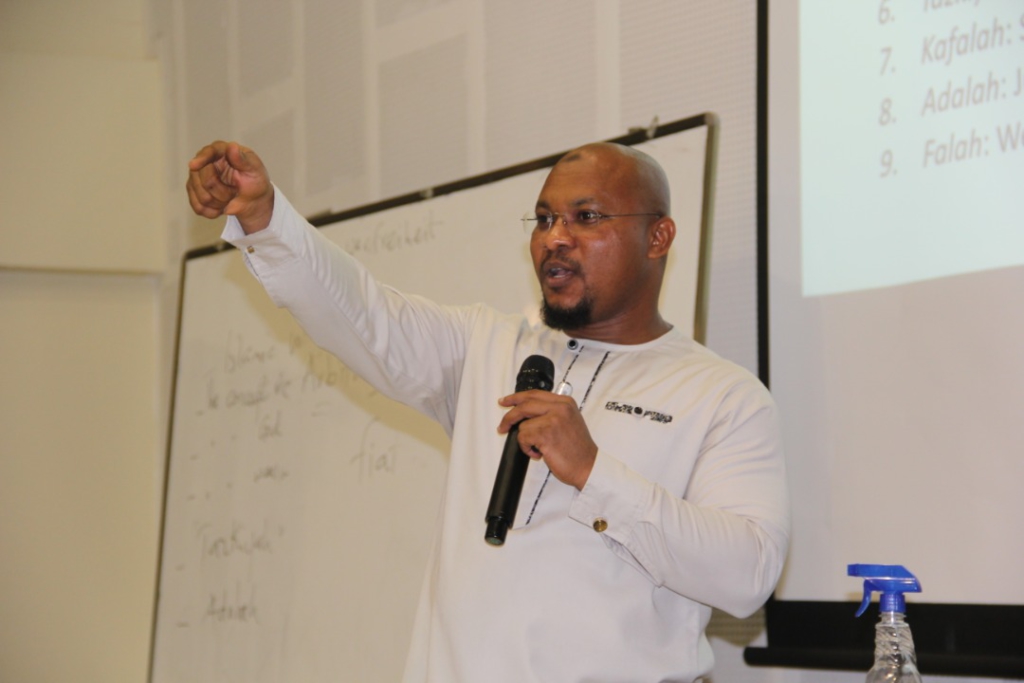
At a 2-day training organized by the KNUST School of Business to enlighten participants on the banking option, Prof Naail said, although based on Shari'a principles, Islamic Banking is not restricted to Muslims.
Rather, it is termed "Islamic" because the guiding principles emanate from the civil law of the Shari'ah (Islamic law), which guides and brings development to mankind, he added.
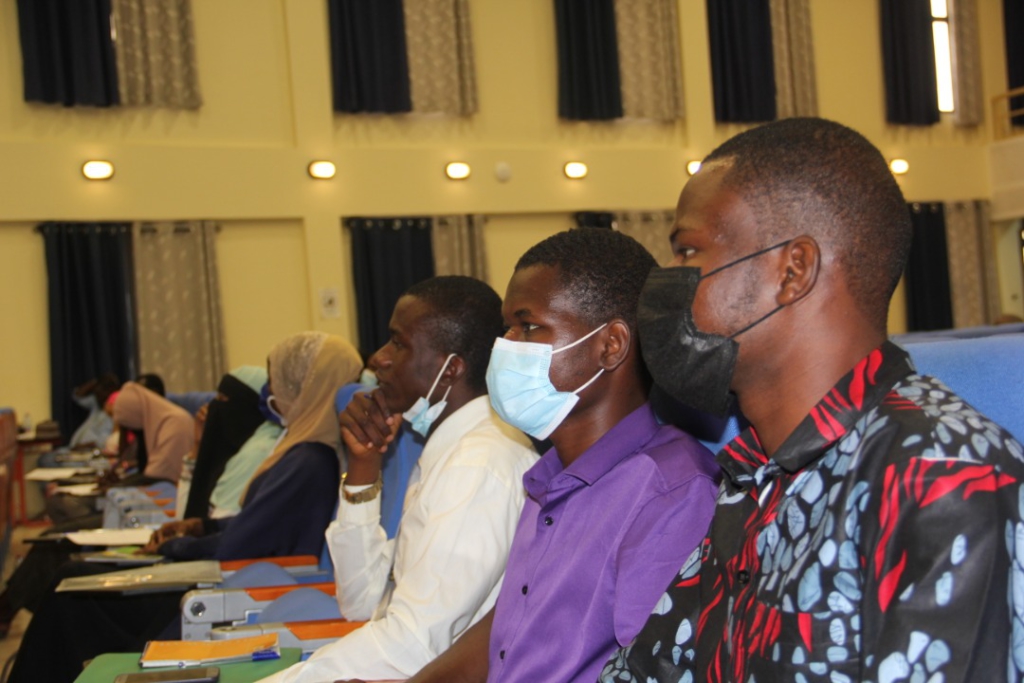
Prof Naail Dangigala said that strong ethical and moral dimensions of conducting business and business selection play an important role in promoting socially desirable investments.
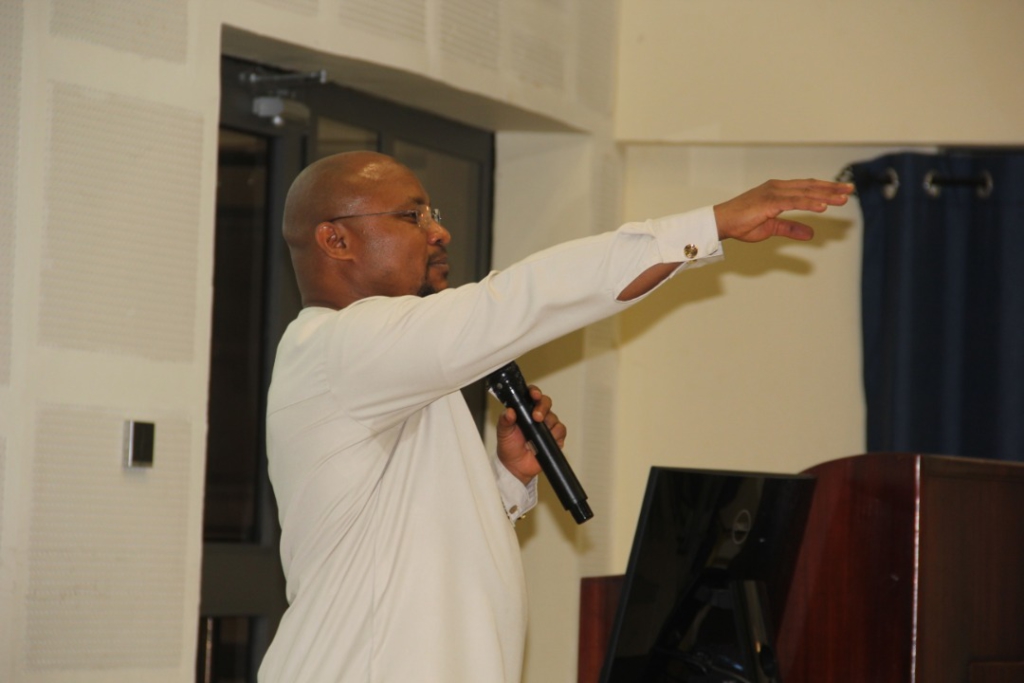
How can the bank determine who qualifies for a loan?
An independent investigation is conducted on individuals seeking financial assistance from Islamic Bank to verify their potential growth capacity.
Businesses whose financial practices and operations are too risky are generally left out by Islamic financing companies.
"Through intensive audits and analyses, Islamic finance promotes risk reduction and creates space for a greater investment stability," Prof Naail explained.
According to reports, about 44% of the African population are Muslims with more than 50 Islamic banks in 21 countries across the continent.
In the recent past, Kenya, Morocco, Niger, Nigeria, Senegal, South Africa, Sudan and Uganda developed legal frameworks for Islamic finance.
In 1989, two Islamic banks commenced operations in South Africa. 16 years later, Barclays introduced Kenya's first Islamic banking product.
Five years after, Kenyan authorities updated its laws to reflect Islamic investments. In Tanzania, however, Islamic banking commenced in 2010.
The two major components of the Islamic finance are banking services and the Sukuk market (bond market).
Whereas conventional bonds reflect the borrower's undertaking to repay the principle amount plus an agreed interest rate,. Sukuk are structured in such a way that, the returns are related to the underlying asset, with the lender receiving an asset claim in return.
According to The Banker’s 2020 Top Islamic Financial Institutions, the industry's continued growth has doubled in size over the past decade with a compound annual growth rate (CAGR) of around 10.8% since 2006.
Globally, the report indicates, there are now 47 financial institutions with over $10bn in sharia-compliant assets, an increase from the year before, with 27 institutions recording a pre-tax profit of more than $500m in 2019.
In the latest ranking by The Bank, the overall number of financial institutions reporting sharia assets increased from 395 to 402, with the majority of them (284) being autonomous Islamic financial institutions.
It also indicates that, the number of conventional lenders with sharia-compliant banking windows on the list fell to 118, two less than the previous year.
"Sharia-compliant assets worldwide have grown noticeably compared with the 2019 ranking, rising 8.2% to $1.79tn in 2020". The Bank says.
The report again says, "The Middle East and north Africa (MENA), which saw assets increase by 9.2% to $1.4tn, is experiencing a growing divergence between the six countries of the Gulf Co-operation Council (GCC) and the rest of the region. GCC assets have grown by 12.2% while the rest of the region saw total assets rise by only 3.8%".
Sub-Saharan Africa, which ranked well in 2019, with assets up 18.2%, fell dramatically in 2020, with overall sharia-compliant assets dropping 23.5% year-on-year.
"The region continues to make up the smallest fraction of total global sharia-compliant assets, worth $14.4bn as of the end of 2019, having briefly overtaken Australia/Europe/America in the 2019 ranking". The report says.
The latter regional grouping saw a significant increase in 2019 review period, as sharia-compliant assets rising more 20% year-on-year, after falling 12.8% the previous year.
Prof Naail stated it is high time Ghana introduced Islamic banking to alleviate the poor and support growth of businesses.
Latest Stories
-
Betway Africa offers a once-in-a-lifetime ‘Play-on-the-Pitch’ experience at Emirates Stadium
18 mins -
School Feeding Programme: Bono East NIB seizes smuggled rice, arrest driver
39 mins -
Dr. Razak Opoku: Despite challenges, facts and data still prove NPP is better manager of the economy than NDC
47 mins -
Seidu Agongo: On December 7, it must be peace over power
55 mins -
2024 Election will take place on December 7; ignore misleading claims – EC
56 mins -
GPL 2024/25: Asante Kotoko bounce back with win over Aduana FC
1 hour -
GPL 2024/25: Gold Stars beat Vision FC to retain top spot
2 hours -
Ebo Whyte returns with ‘The 4Play’
2 hours -
2024/25 Ghana League: Heart of Lions sink Legon Cities to go third
3 hours -
Bright Simons: DBG, Ghana’s top development bank, goes for the jugular
4 hours -
Governance and Entrepreneurship consultant demands global support for Africa’s young farmers
4 hours -
Ghanaians reminded to prioritise regular health check-ups
4 hours -
Salah brace sends Liverpool 8 points clear
4 hours -
Leicester City sack manager Steve Cooper
4 hours -
Akwasi Sarpong wins AIBs 2024 Award for BBC OS coverage of Israeli hostage release
4 hours

